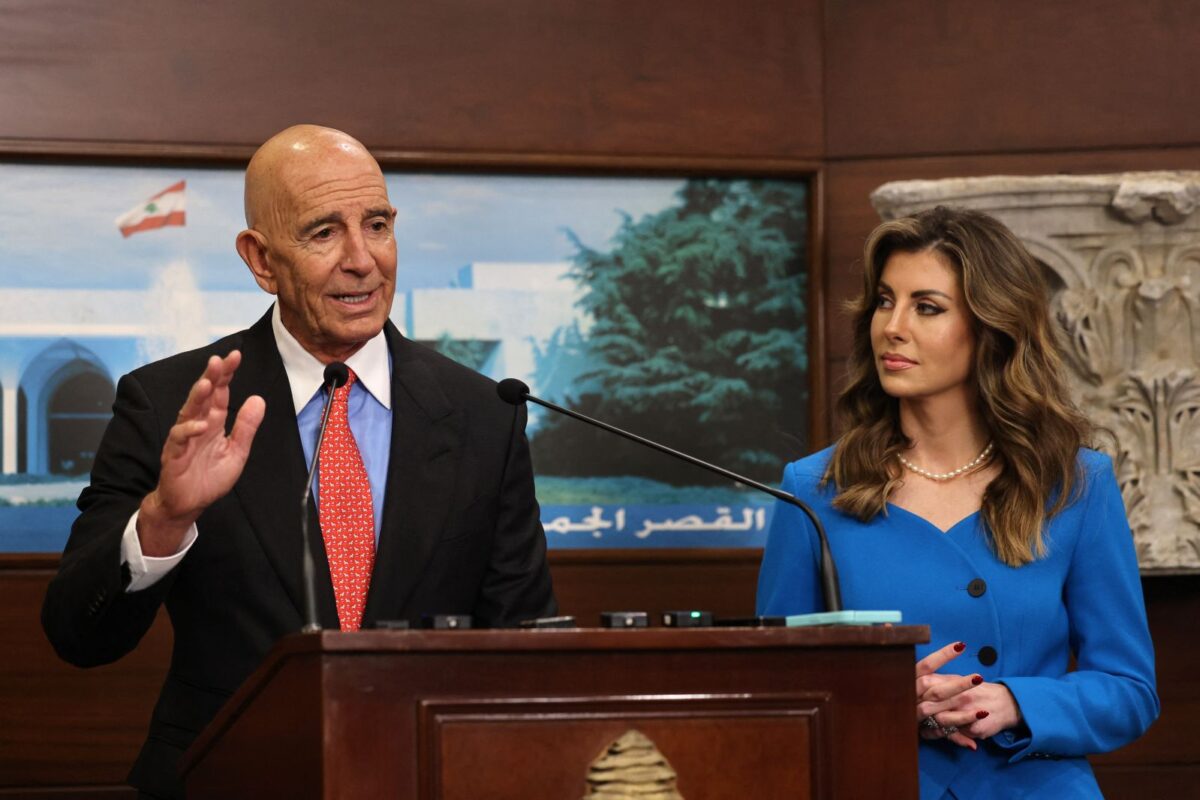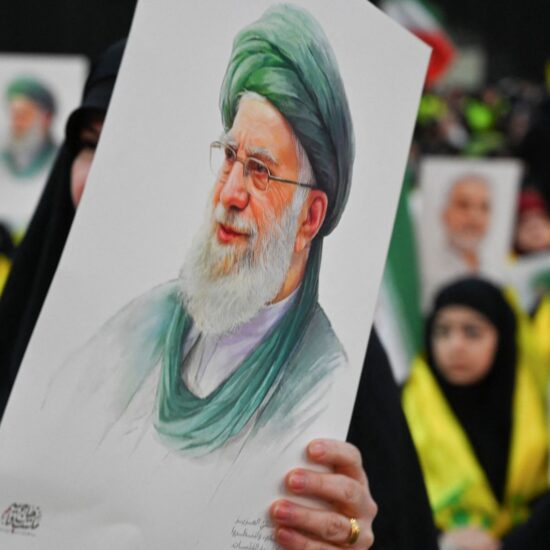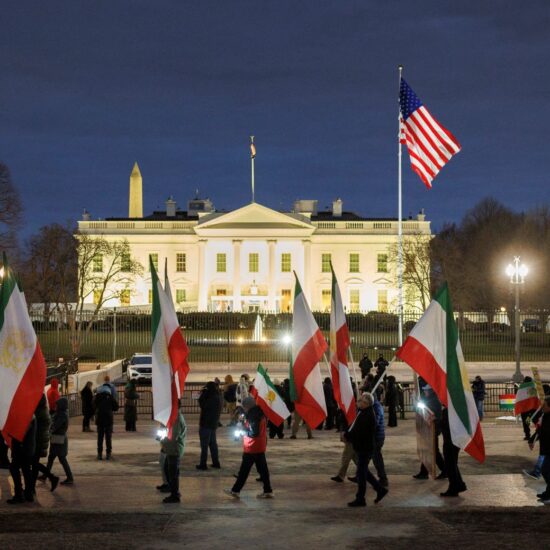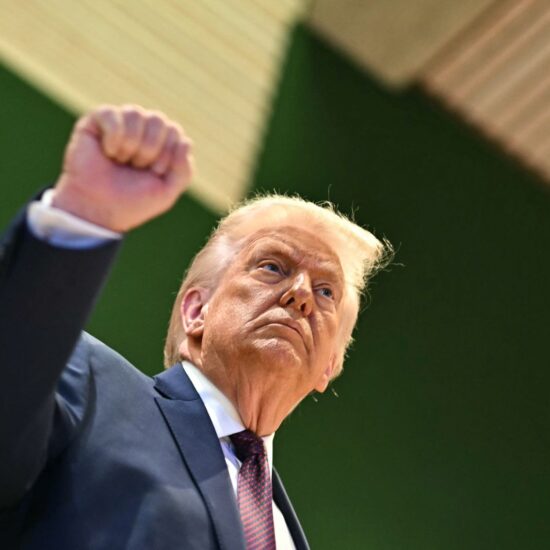
When U.S. envoy Tom Barrack spoke this week about Lebanon, his words carried the tone of both warning and exasperation. “If Lebanon fails to move,” he said, “Hezbollah will face a major confrontation with Israel.” He added that regional powers were prepared to invest in Lebanon, but only if the Lebanese army alone held the monopoly of force. He lamented that “one country, one army,” the slogan of successive governments, remained an aspiration rather than a policy. And he concluded with a blunt challenge: Lebanon must disarm Hezbollah and begin direct talks with Israel.
To many Lebanese ears, this sounded like yet another foreign ultimatum. Yet beneath Barrack’s provocative tone lies a truth we’ve refused to face: our greatest threat today is not war, it is paralysis. We live in a state of permanent suspension, neither at peace nor truly at war, neither sovereign nor fully occupied. And that stagnation, that quiet erosion of meaning and agency, is destroying Lebanon more thoroughly than any bombardment could.
A country that survives without living
For nearly two decades, Lebanon has perfected the art of survival without progress. Every crisis is deferred, every reform postponed, every responsibility diffused into thin air. We have built an entire political culture on delay; waiting for foreign mediation, for regional calm, for an election, for a miracle. The cost is visible in every sector: a hollowed-out state, a collapsing economy, and a generation that no longer believes in the idea of a republic.
This is not peace. It is structural violence. The kind that doesn’t spill blood on the streets but drains life from a society over years. The kind that breeds apathy, cynicism, and quiet emigration. When a country ceases to decide its own fate, it begins to die in slow motion.
The illusion of the status quo
Barrack’s remarks were harsh, but he was not wrong in describing Lebanon as a state incapable of enforcing its own sovereignty. The slogan “one country, one army” remains a mirage because Lebanon continues to outsource its security to militias, to sectarian bargains, to foreign patrons. The Lebanese army, starved of funds and authority, symbolizes the weakness of the state rather than its strength.
Yet disarmament is not simply a technical or military issue. It is a psychological one. Armed power in Lebanon is woven into identity, belonging, and fear. For many Shi’a Lebanese, Hezbollah’s arsenal represents protection from an unpredictable enemy; for others, it represents domination and impunity. For the state, it represents a problem too dangerous to confront and too costly to ignore. This complexity is why every foreign envoy who demands “disarmament now” misses the point. Disarming a militia requires a legitimacy, one we seem to not have.
When legitimacy collapses
From a political-psychological lens, legitimacy is the lifeblood of collective identity. People obey states not only because of coercion but because they believe the state represents them, fairly, competently, and inclusively. Lebanon’s tragedy is that its institutions have lost that legitimacy. Citizens no longer see the state as a source of protection or justice. In that vacuum, non-state actors thrive, claiming to defend their own communities where the state cannot.
Barrack’s reminder that the army is under-resourced should have been a national embarrassment, not an external revelation. A state that cannot defend its own borders, feed its soldiers, or enforce its laws has already ceded sovereignty. The danger is not that Hezbollah is strong; it is that the Lebanese state is irrelevant.
The regional carrot and its trap
Barrack linked his warning to a promise: Gulf investment and reconstruction money await Lebanon if it reclaims the monopoly of force. This framing reflects a broader trend: the transactional geopolitics of a region moving “at Mach speed,” as Barrack put it, while Lebanon stands still. But the risk of such conditional offers is clear: they turn sovereignty into a bargaining chip. Economic aid tied to political obedience rarely produces stability; it produces resentment and dependency.
Lebanon does not need to be bribed into sovereignty. It needs to rediscover the will to exercise it. True reform cannot be imported; it must be built from within; through accountability, social justice, and the rebuilding of trust between citizens and institutions. Otherwise, any external investment will merely entrench the same elites and networks that brought the country to collapse.
Hezbollah’s dilemma and ours
Barrack claimed that Hezbollah has “zero incentive” to disarm because its resistance narrative remains intact. That is true. But it also reveals why a purely external or coercive approach will fail. Hezbollah’s weapons are the disease; but they are also a symptom of a deeper disorder, a political system that rewards sectarian power and a society that no longer believes the state can protect it.
To change that calculus, Lebanon must rebuild credibility, not just capacity. The army’s strength is not measured in tanks but in trust. When citizens of all sects believe that the army protects them equally, Hezbollah’s rationale begins to fade. When the state delivers justice, services, and dignity, weapons lose their psychological appeal. Until then, disarmament will remain an aspiration on paper and an impossibility in practice.
The violence of nothingness
Barrack warned that if Lebanon fails to act, Hezbollah may face a major war with Israel. But the deeper danger is that Lebanon may face a war with itself; a war of attrition waged by corruption, decay, and despair. A war that kills without explosions.
What’s worse than war is nothing. Nothing is the silence of a country that has stopped believing in change. Nothing is the government that neither governs nor resigns. Nothing is the slow disintegration of a nation that survives day to day while its youth pack their bags. We fear war because it brings destruction. But this kind of “nothing” — this national paralysis — brings extinction.
A confrontation we cannot avoid
Lebanon needs confrontation, not necessarily with Israel, but with itself. A confrontation with the myths we inherited, the bargains we tolerated, and the illusion that time is on our side. The idea that we can postpone the question of Hezbollah’s arms, postpone reforms, postpone state-building, has created a culture of fatalism. And fatalism, as history shows, is the psychology of collapse.
What Lebanon requires now is courage. Not the courage to fight, but the courage to decide. To redefine sovereignty as something more than rhetoric. To say clearly that the coexistence of a state and an armed party is no longer sustainable. To say that the army’s weakness is not inevitable but a political choice. And to insist that dignity cannot coexist with dependency, not on weapons, and not on foreign aid.
Beyond Barrack
Tom Barrack’s message was blunt: move, or face the consequences. My answer is equally blunt: we must move, but not for him. Not for Washington, Riyadh, or anyone else. We must move for ourselves, because stagnation has become our national death sentence.
Lebanon doesn’t need another war to wake up. It needs a project of national reconstruction anchored in justice, citizenship, and shared identity. The question is not whether the region will invest in Lebanon, but whether Lebanon will invest in itself. Until it does, every foreign envoy’s warning will be merely another echo in a country that no longer listens.
Because what’s worse than war is nothing; and Lebanon, today, is dying of nothing.
Ramzi Abou Ismail is a Political Psychologist and Senior Research Fellow at the Institute for Social Justice and Conflict Resolution at the Lebanese American University.
The views in this story reflect those of the author alone and do not necessarily reflect the beliefs of NOW








